Veterinarians can access downloadable material specifically created for recording and monitoring the treatment procedures of individual cats.
Click to Download: Cat Guard’s GS Monitoring Material for Printing
GS-441524 25mg & 45mg Tablets, 20mg/ml in 8 ml Vials
GS-441524, an antiviral drug, is a nucleoside analog that has shown promise in the treatment of specific viral infections in animals, specifically feline infectious peritonitis (FIP). It is closely related to Remdesivir, which garnered significant attention during the COVID-19 pandemic. The mechanism of action of GS-441524 involves mimicking nucleosides to disrupt the replication process of viruses, thereby impeding the synthesis of viral RNA and hindering the virus’s ability to replicate. Multiple studies have been conducted on different forms of FIP, and the results consistently demonstrate that GS-441524 is a secure and efficient treatment for FIP. The ideal dosage, determined through research, is 4.0 mg/kg SC q24h for 84-120 days. This medication has been meticulously formulated to minimize any potential local or systemic side effects.
GS-441524 has shown promise specifically in the treatment of Feline Infectious Peritonitis (FIP), a viral disease affecting cats. This drug appears to have advantages over Remdesivir and Molnupiravir in the context of FIP treatment due to several factors:
Efficacy in FIP: GS-441524 has demonstrated effectiveness in combating FIP, a condition for which there are limited treatment options. Studies have shown positive outcomes in treating FIP symptoms and extending the lifespan of affected cats, particularly when administered via injection.
Specificity: GS-441524 seems to target the feline coronavirus responsible for FIP more directly compared to Remdesivir and Molnupiravir, which were primarily developed for human viruses like SARS-CoV-2 (COVID-19). This specificity might contribute to its efficacy against FIP in cats.
Administration Route: GS-441524 has been initially administered via injection, ensuring direct delivery and potentially higher concentrations at the site of infection. However, the development of oral formulations of GS-441524 is an area of ongoing research and could provide more convenient treatment options in the future. The product can be used on cats and dogs, dogs possess a longer intestinal tract adapted for omnivorous diets, enabling them to absorb up to 85% of GS-441524 orally. In contrast, cats, the primary focus of FIP treatment, exhibit a lower absorption rate of approximately 40% compared to dogs when receiving the drug orally. This variance in absorption rates between the two species influences the development of effective oral formulations for FIP treatment.
Specially Formulated: Formule Art Crafted GS-441524, with its precise formulation and top-notch active pharmaceutical ingredients, has effectively reduced the occurrence of common adverse effects in Cats. These adverse effects include skin lesions and burns, pain at the injection sites, sores at injection sites, liver issues and anemia, kidney health problems, and drug reactions resembling systemic vasculitis.
Indications: Feline Infectious Peritonitis (FIP) Treatment (Wet & Dry) – Ocular FIP symptoms – Neurological FIP Symptoms – Relapse Cases
Feline Infectious Peritonitis (FIP) stands as a complex and challenging disease affecting domestic and wild cats globally. Despite decades of research, FIP remains a significant threat due to its elusive nature, varying clinical presentations, and the absence of a definitive cure. This review aims to encapsulate the multifaceted aspects of FIP, emphasizing its etiology, clinical manifestations, diagnostic challenges, treatment modalities, and current advancements.
FIP is caused by a mutated strain of feline coronavirus (FCoV), primarily affecting kittens and cats under stress or with weakened immune systems. The transition of the benign enteric FCoV to the fatal FIPV (FIP virus) occurs in a fraction of infected cats, leading to the activation of a hyperimmune response and widespread inflammatory damage in multiple organs, notably the abdomen, thorax, kidneys, and central nervous system.
Clinical manifestations of FIP vary widely, presenting as either effusive (wet) or non-effusive (dry) forms. The effusive form is characterized by the accumulation of fluid in body cavities, while the non-effusive form often involves granulomatous lesions in affected organs. These manifestations make diagnosis challenging, relying on a combination of clinical signs, laboratory tests, and histopathological examinations.
Treatment of FIP remains a considerable challenge. Historically, antiviral drugs such as GS-441524 have shown promise in alleviating symptoms and extending lifespan, particularly when administered via injection. However, the transition to oral formulations has garnered attention for its potential convenience, despite concerns regarding absorption rates and achieving therapeutic concentrations.
Recent advancements in FIP research include exploring novel treatment strategies, such as immunomodulatory agents and combination therapies targeting both the virus and the immune response. Additionally, ongoing studies focus on understanding the host-virus interaction, viral mutations, and immune responses to develop more effective treatment options.
In conclusion, FIP continues to pose significant hurdles in veterinary medicine due to its complexity and the absence of a definitive cure. While treatment options have shown promise, they come with challenges related to administration, absorption, and efficacy. Continued research efforts aimed at unraveling the intricacies of FIP pathogenesis and developing targeted therapies are crucial to improve outcomes and enhance the quality of life for affected feline companions.
How To Use: The product can be used under a veterinarian’s supervision and monitoring.
Veterinarians can access downloadable material specifically created for recording and monitoring the treatment procedures of individual cats.

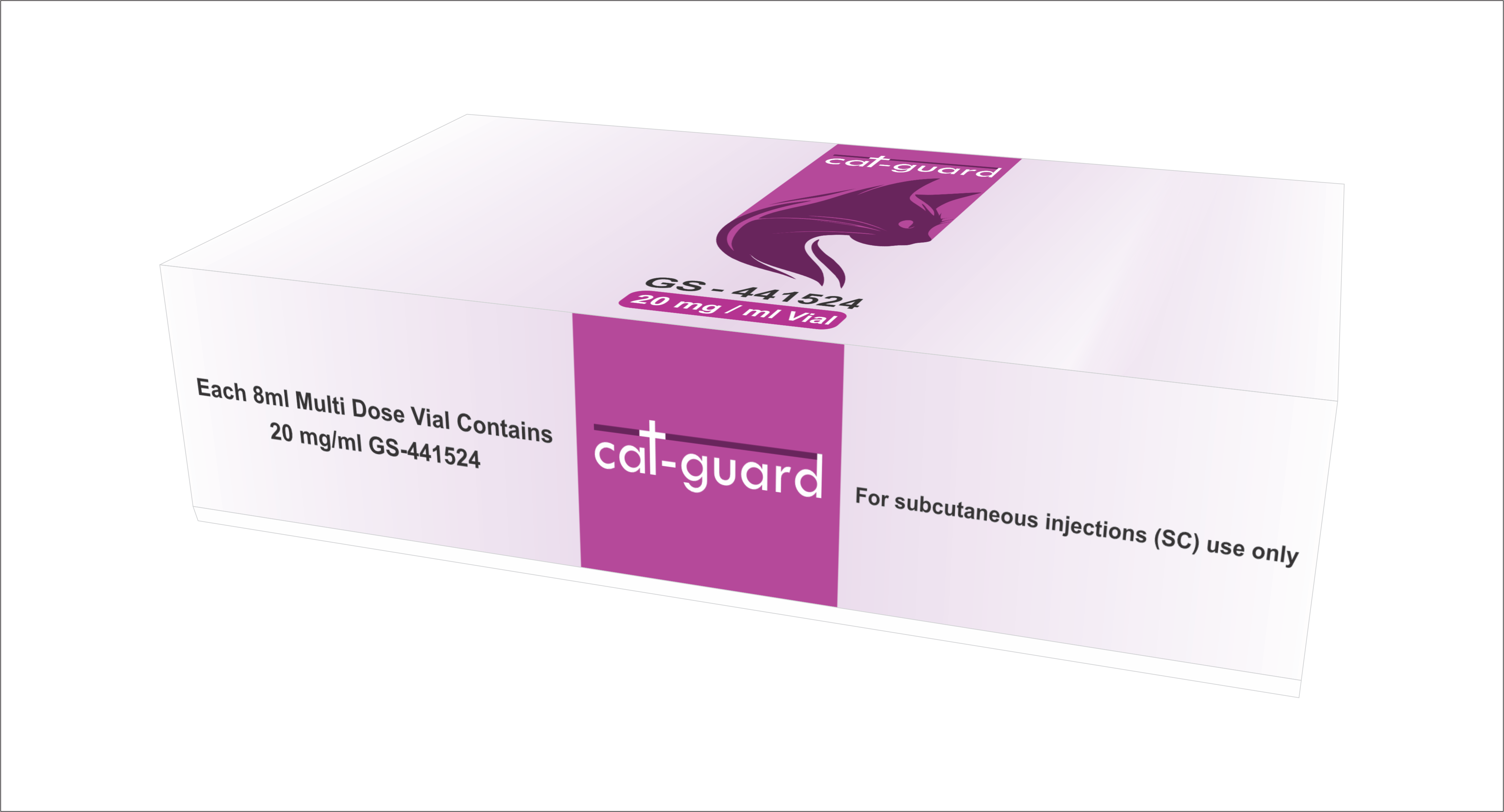
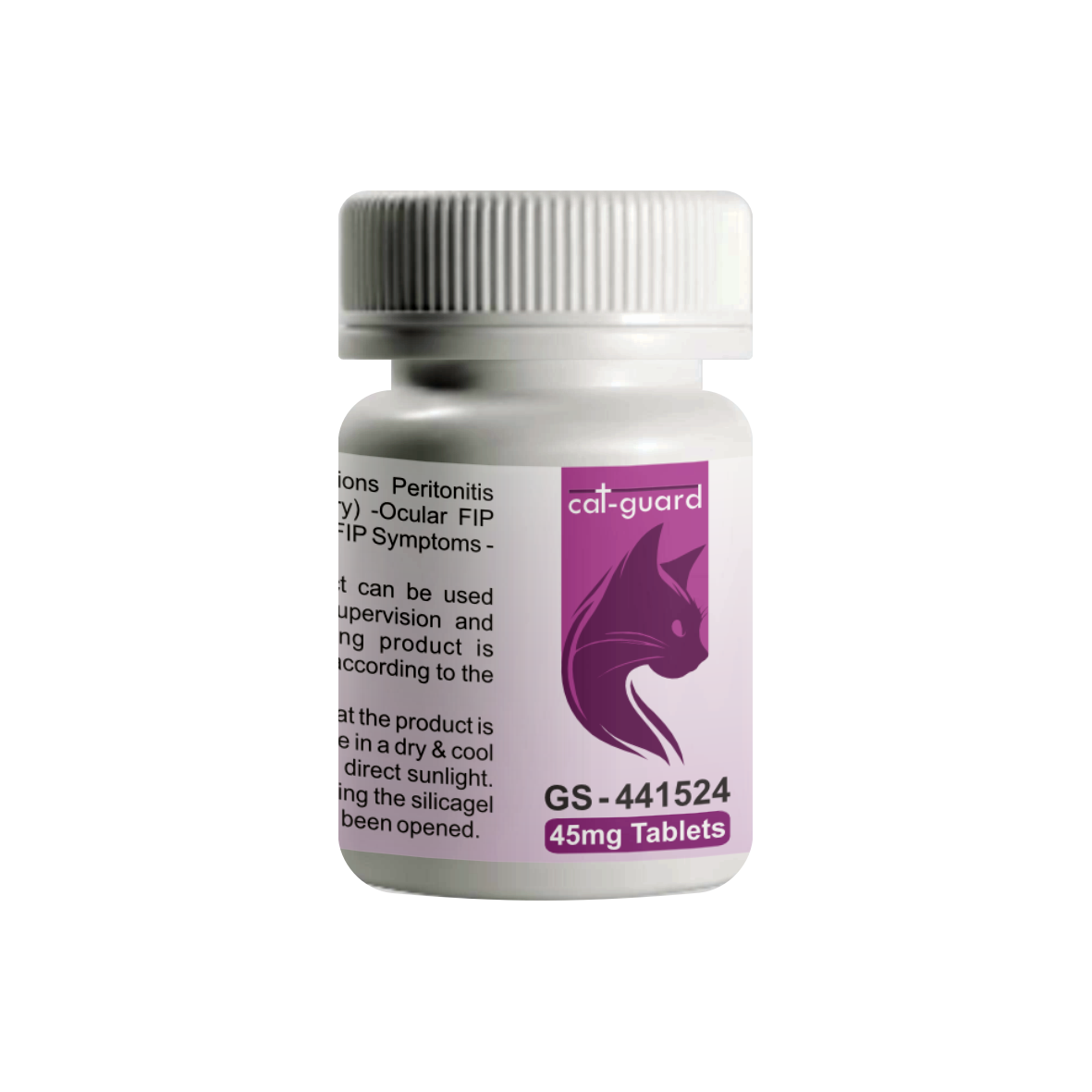
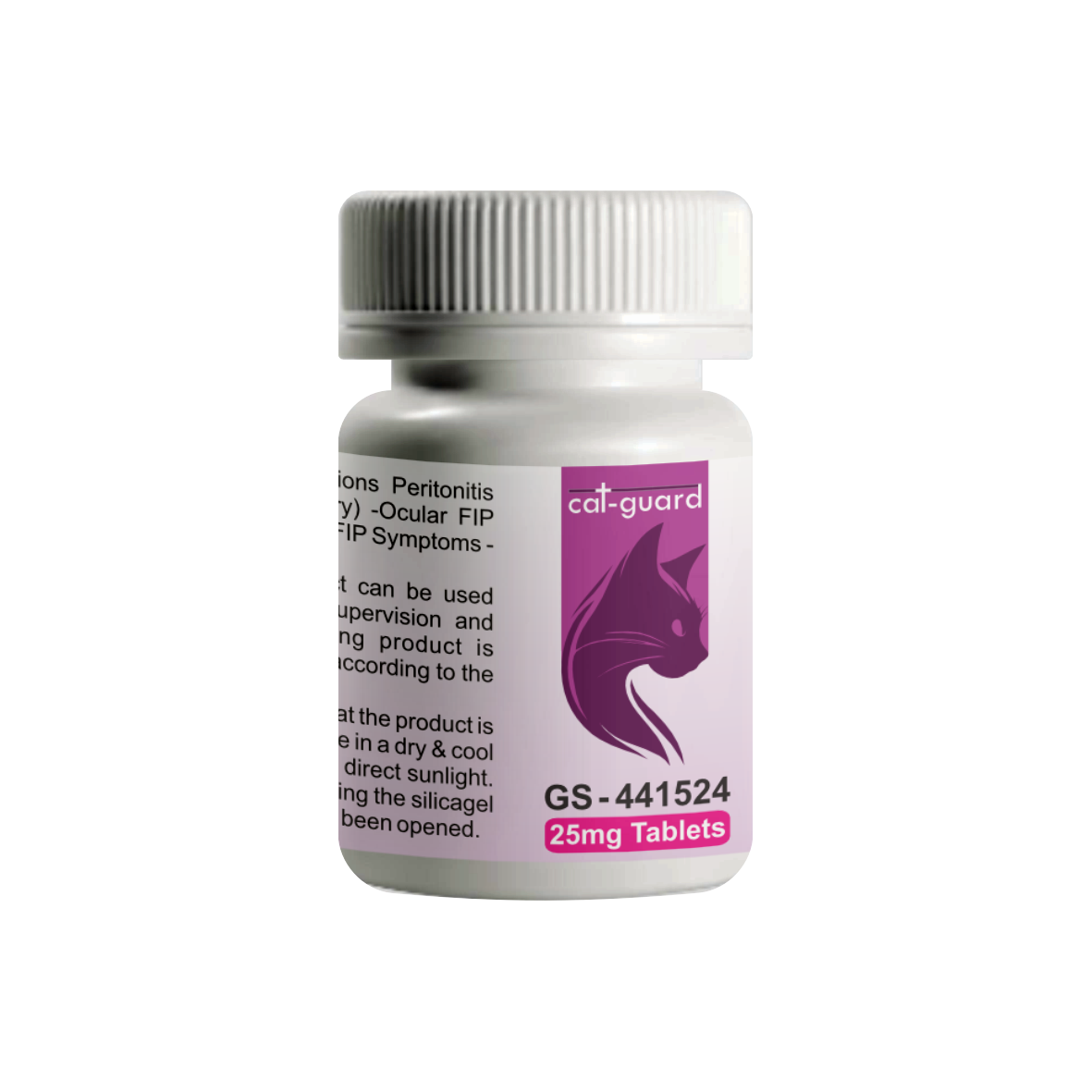
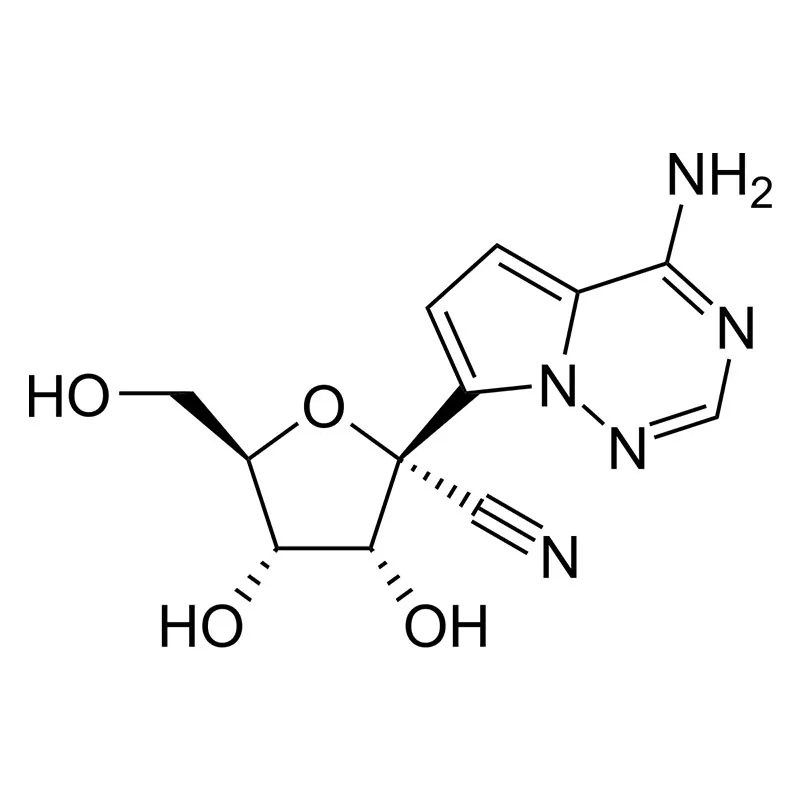
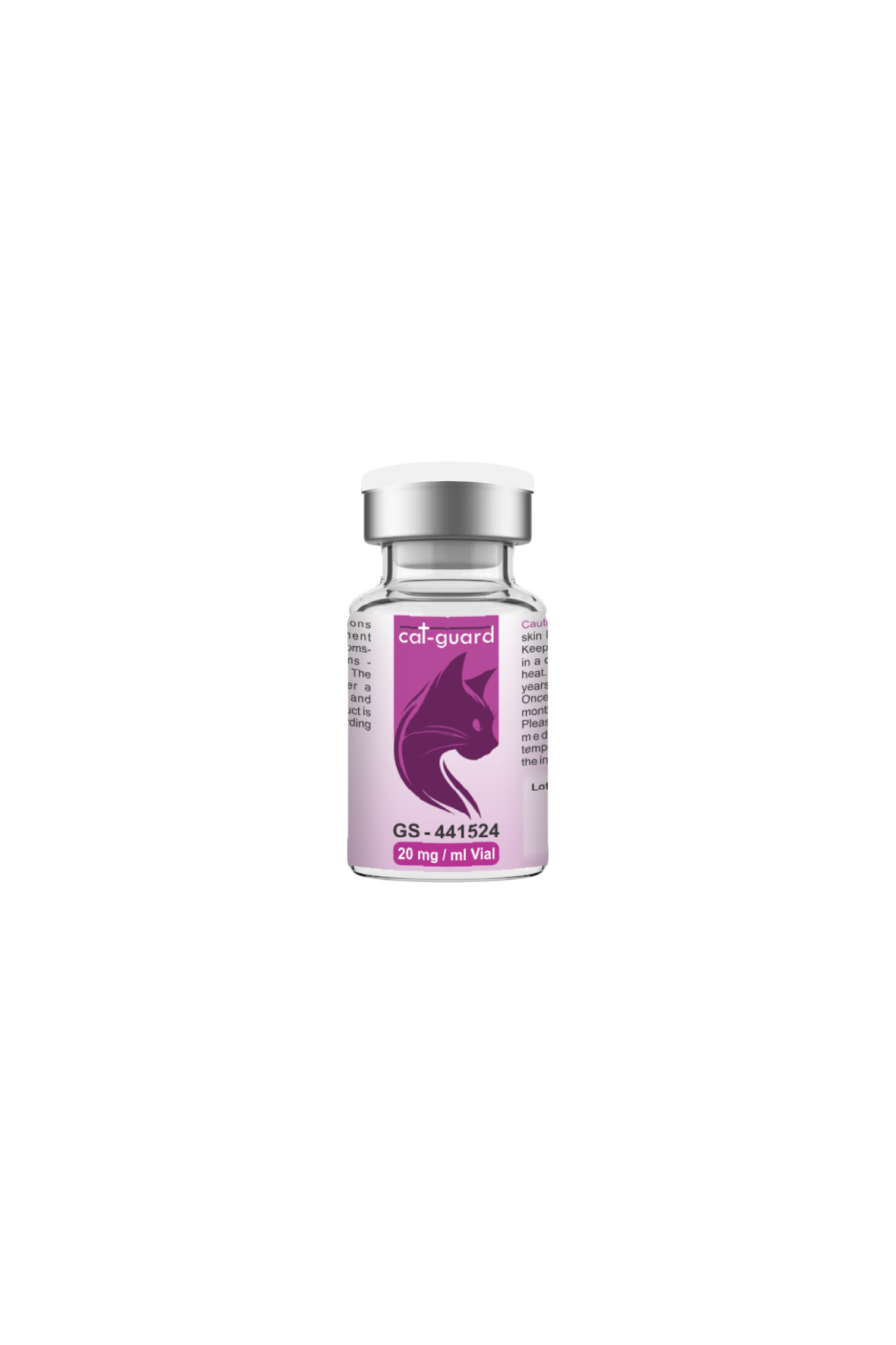

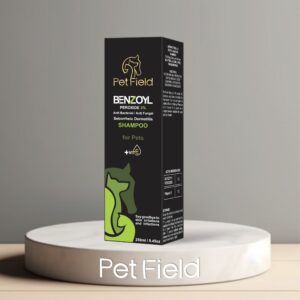
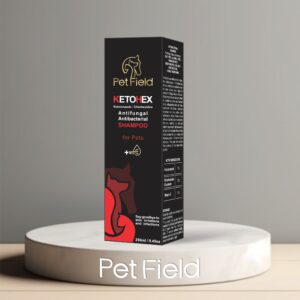
Reviews
There are no reviews yet.